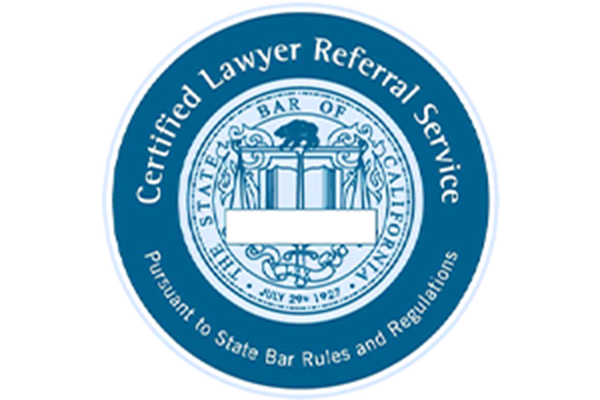for Family Law Related Issues
Division of Property
California, and most western states, have a community property system. This state adopts the legal fiction that each parties’ efforts during a marriage are of equal value, so we divide all the assets acquired by marital efforts equally. If an asset was earned during the marriage, it does not matter who earned it – it will be divided equally, with few exceptions. Debts are generally handled in the same way.
Separate property is the property of the party who acquired it – it is not usually divided. Separate property is usually something you had at the time of marriage, inheritances, gifts from outsiders and gifts of personal items by your spouse, or anything you earn after the spouses separate. To keep separate property “separate,” it is important that title stay in the hands of the original party and that community property or efforts were not used to improve, pay for, or repair separate property. If a business existed prior to a marriage, it is possible it has acquired a community property character by a spouse’s efforts during the marriage. Income from separate property, such as interest, dividends, or appreciation, is usually separate property also.
The manner in which title has been held can also have a big impact on division, although it does not determine whether an asset is community or separate, without considering other factors. It does not matter which party earned the money to acquire the asset, so long as the earnings were the result of efforts during the marriage.
Almost anything of value can be characterized and divided, such as life insurance, the value of a business, and tools.
Personal jewelry and clothing generally go to the person who typically wore them. Most things are valued at their fair market value on the date of division, not replacement cost or purchase price. We rarely spend a lot of time or effort dividing furniture and furnishings, because they have little value by the time they are used, and in most cases the parties will divide them between themselves to avoid unnecessary cost.
NOTE: The explanation above is very simplistic, while the subject matter itself is very complex and the law extensive. If there is substantial money or other interests involved, be sure to contact a Certified Specialist to have the situation analyzed before making decisions




